A silent yet powerful battle is raging in Hollywood—a battle where women directors are on the rise, determined to reclaim their rightful place in the world of cinema. At the forefront of this movement is film critic Helen O'Hara, whose recent book, Women vs Hollywood, sheds light on the forgotten histories, struggles, and triumphs of women filmmakers across decades. This book stands as part of a larger wave of women-authored works that challenge the narrative of male dominance in the film industry and reclaim the cinematic space for women.
The Rise and Fall of Women in Early Cinema
O’Hara’s historical exploration begins at the inception of the film industry, a time when women were central to its development. Between 1907 and 1920, women were pivotal players in early cinema. Visionaries like Alice Guy-Blaché, the first woman to direct a narrative film, and Lois Weber, a prolific silent filmmaker, shaped the artistic and technical landscape of the medium. Yet, as cinema evolved from a novelty to a respected art form and lucrative profession, men gradually sidelined their female counterparts, erasing their contributions from history. If not for these pioneering women, the medium of moving pictures might have remained a mere fairground attraction, devoid of the storytelling potential it holds today.
O’Hara’s account offers an infuriating but necessary reflection on how institutional sexism took root, ensuring that filmmaking became a male-dominated domain. Women, who once stood at the forefront, were pushed to the margins as men sought to monopolize the industry.
Women Directors: Hidden Figures of American Cinema
The book uncovers the contributions of remarkable yet often overlooked women in film history. Figures like Dorothy Arzner, the first woman to direct a feature-length film with sound, and Ida Lupino, a prominent director in 1950s Hollywood, come alive through O’Hara’s meticulous research. Their works, which explored themes ranging from gender inequality to social justice, were ahead of their time, challenging societal norms and expectations.
O’Hara also traces a line from these early trailblazers to modern directors like Ava DuVernay, who continues to break barriers in an industry that remains resistant to change. Through archival material, scholarly insights, and interviews, Women vs Hollywood paints a vivid picture of women’s perseverance and creativity in the face of systemic discrimination.
The Male Gaze and Institutional Misogyny
Central to O’Hara’s critique is the concept of the "male gaze," a term coined by feminist film theorist Laura Mulvey. This idea highlights how most films are created from a male perspective, assuming a male viewer. O’Hara scrutinizes how this perspective has shaped the film canon, reinforcing a cycle of exclusion that marginalizes women both on and off-screen.
Her essays delve into the male-dominated realm of classic film theory and its impact on the representation of women in cinema. She questions the development of the film canon, which has historically prioritized male directors and stories, often relegating women’s narratives to the periphery. The prevalence of the male gaze is not just a theoretical issue but a structural one, deeply ingrained in the very fabric of Hollywood.
Contemporary Challenges and Feminist Fury
O’Hara’s book is as much about history as it is about the present. She addresses contemporary issues such as the #MeToo movement, the fight for equal pay, and the persistent lack of diversity in Hollywood. The book emphasizes the need for systemic changes to dismantle the barriers women face in the industry. O’Hara argues that the fight for gender equality is far from over, and women must continue to push for representation and recognition.
The author’s perspective is infused with what she describes as "feminist fury," a righteous anger at the systemic injustices that have silenced women’s voices for too long. She boldly critiques the men of Hollywood who cling to their privilege, resisting the tide of change. Yet, as O’Hara asserts, "Time’s up, gentlemen." Women have always been part of the story, and their voices are now impossible to ignore.
A Call to Action: Rewriting Film History
Women vs Hollywood is not just a history book; it’s a call to action. O’Hara challenges readers to reconsider the stories they consume and the filmmakers they celebrate. She calls for a reevaluation of the film canon, urging the industry to embrace a more inclusive and diverse narrative that honors the contributions of women.
The book is divided into two parts: a detailed historical account of women in cinema and a passionate critique of Hollywood’s enduring misogyny. Through both, O’Hara provides a roadmap for how the industry can move forward, championing gender equality and creating space for diverse voices.
The Future of Women in Film
As the battle for Hollywood continues, there is hope. Women directors are reclaiming their place, not as newcomers but as long-standing contributors to the art of cinema. With movements advocating for diversity, initiatives supporting women filmmakers, and a growing awareness of gender inequality, the industry is slowly but surely changing.
O’Hara’s book is a powerful reminder of the importance of representation, not just in film but in all aspects of society. It celebrates the resilience and creativity of women who have fought against the odds to tell their stories. More importantly, it inspires the next generation of filmmakers to continue the fight, ensuring that Hollywood becomes a space where everyone’s voice can be heard.
Conclusion: A Cinematic Revolution
In Women vs Hollywood, Helen O’Hara delivers a compelling and comprehensive narrative that is both educational and inspiring. Her work serves as a testament to the power of women in cinema and a rallying cry for change. The book’s exploration of forgotten histories, systemic challenges, and the indomitable spirit of women filmmakers makes it a must-read for anyone passionate about the art and industry of film. The battle for Hollywood is far from over, but with voices like O’Hara’s leading the charge, the future looks brighter—and more inclusive—than ever.

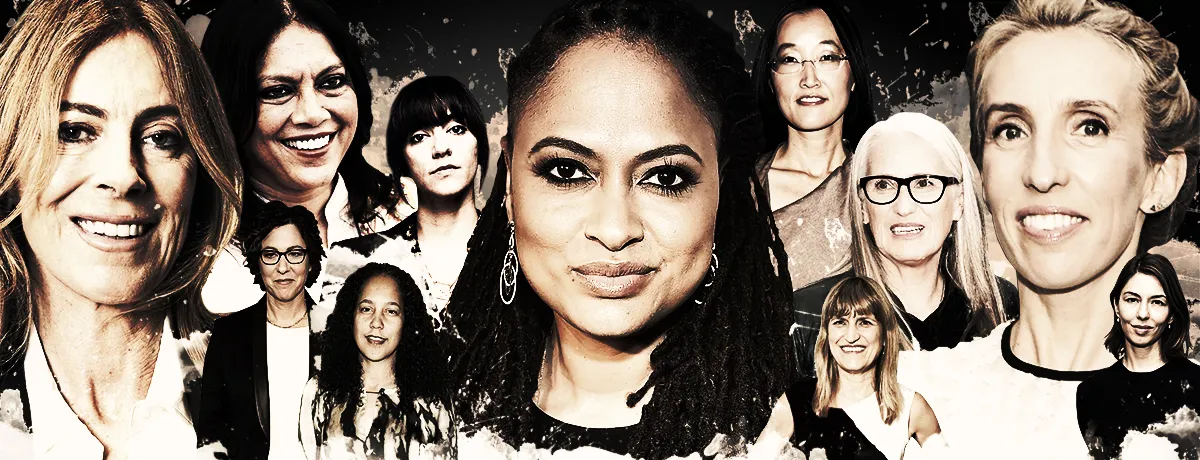

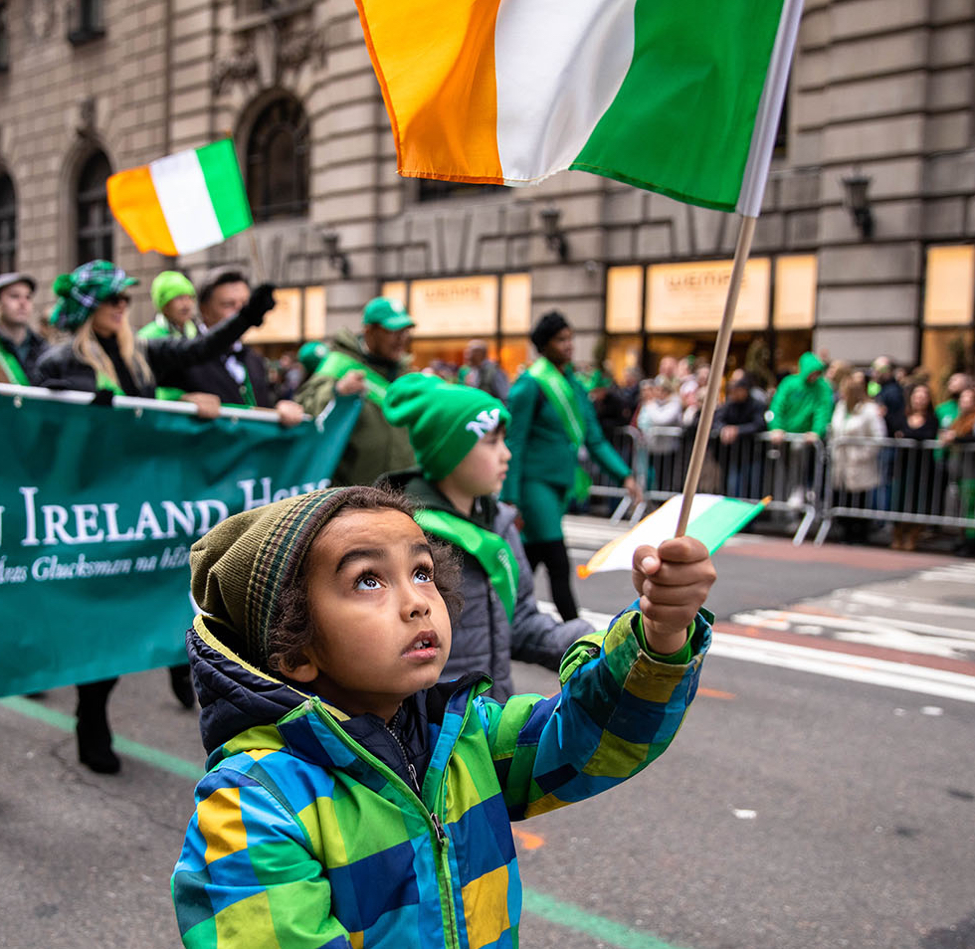














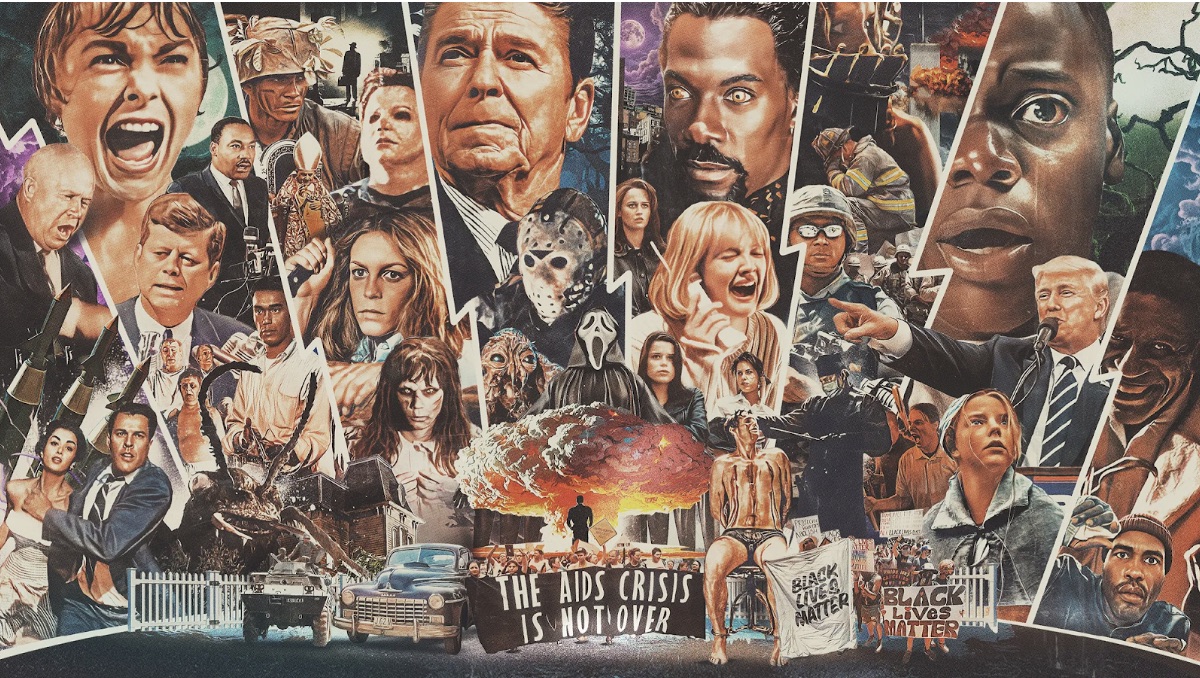
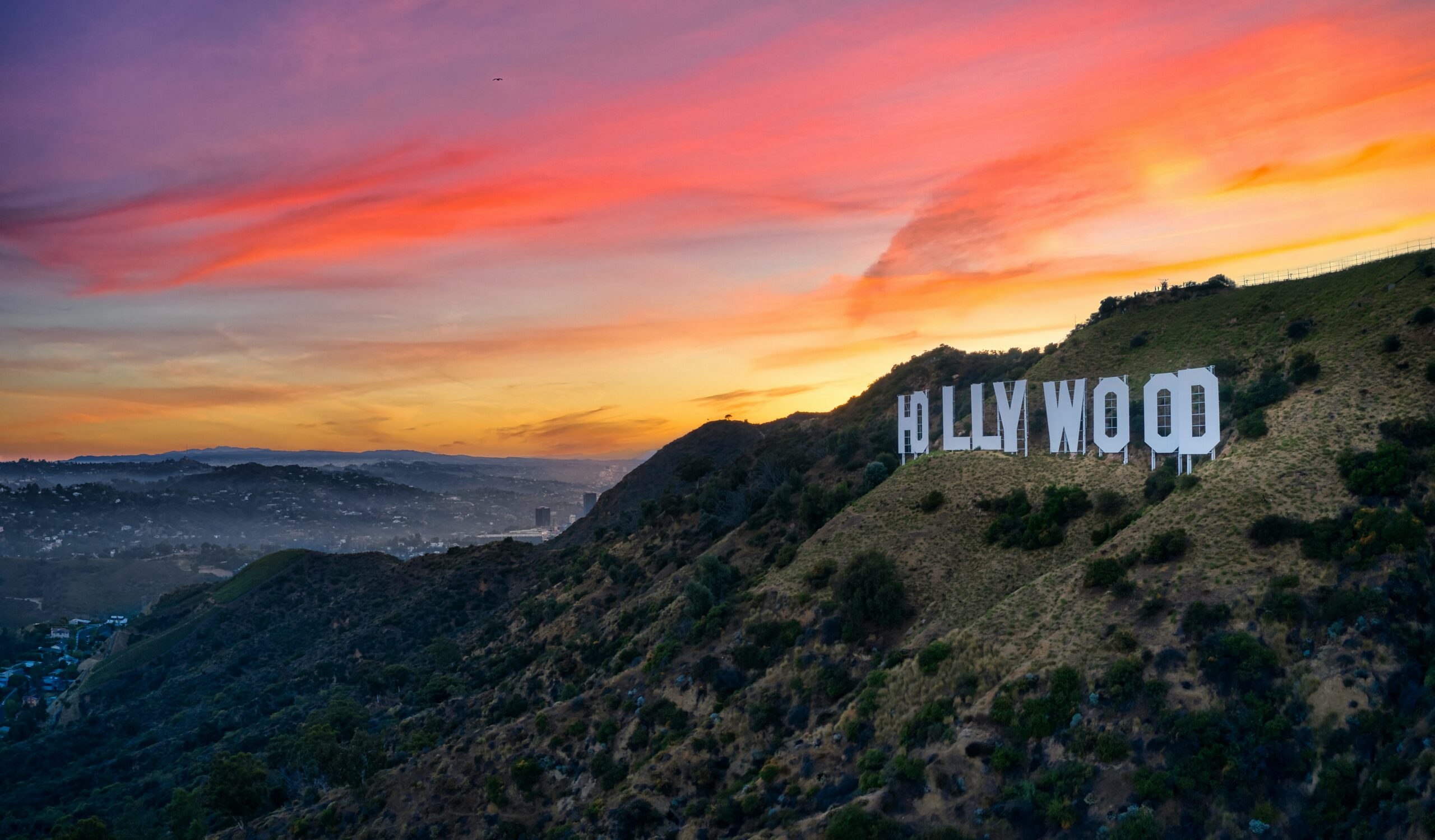


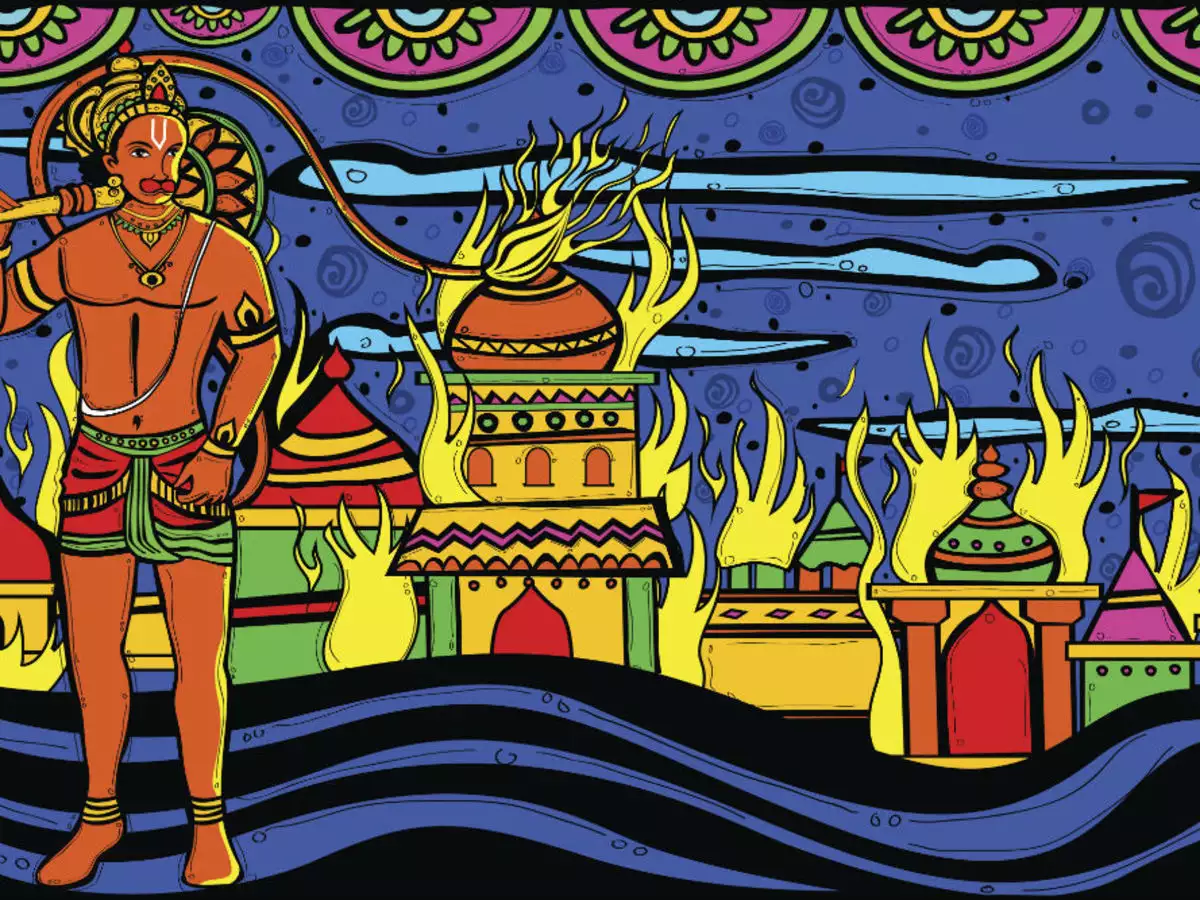




0 Comments